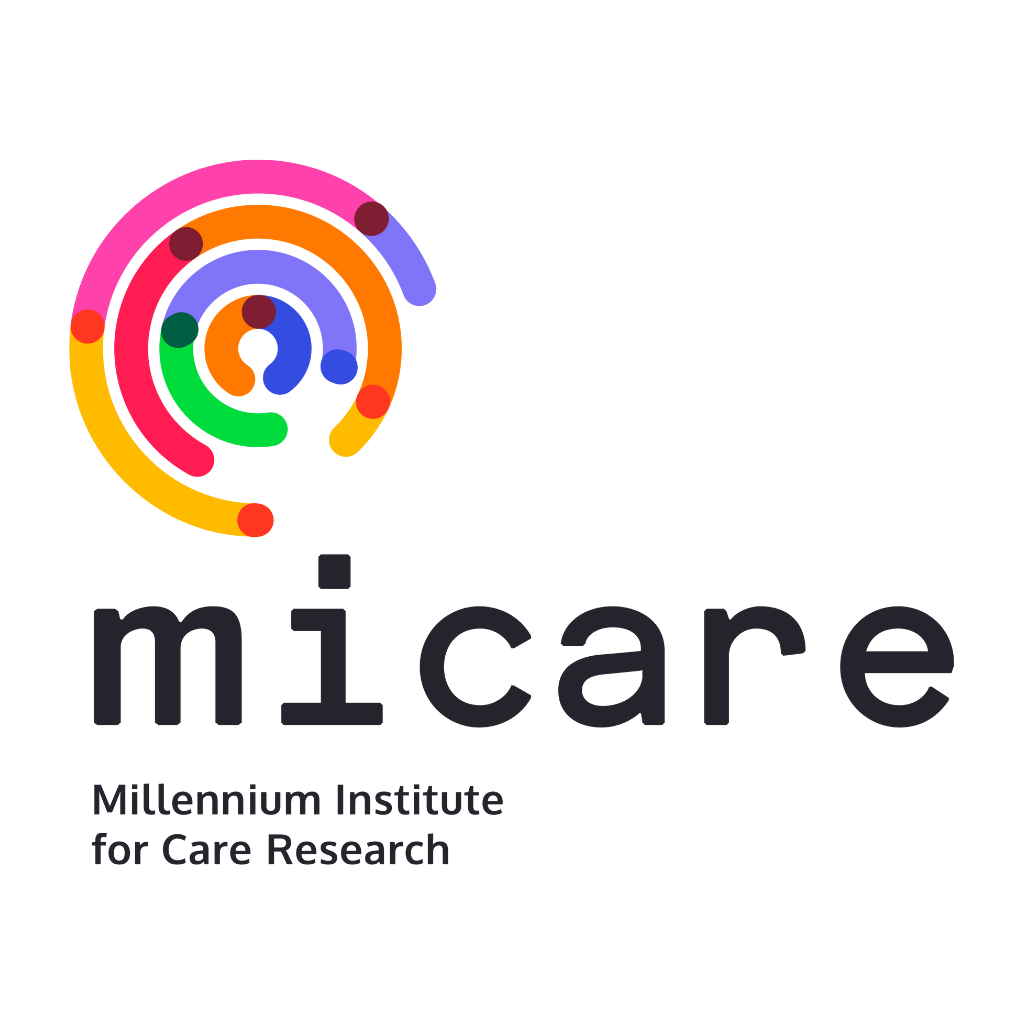Paper by Francisca Ortiz, MICARE postdoctoral researcher, Herminia Gonzálvez, MICARE young researcher, and Alejandro Espinosa-Rada.
With both a qualitative and quantitative approach, this research seeks to understand the way in which Chileans from Santiago form and define their families. Sixteen in-depth interviews were analyzed with the ego-networks technique, processing the kinship networks of each interviewee. Finally, with a mixed methods approach, the researchers carried out a metric network analysis of the cognitive and relational structures of these families.
Main findings:
The authors propose four typologies to define families in Santiago: clique networks, cohesive families, families with extended and/or branched networks, and center-periphery family networks.
On the other hand, they conclude that women describe a more significant internal family cohesion than men.
Finally, special emphasis is placed on the diversity of family conformations and new definitions of kinship structures.

